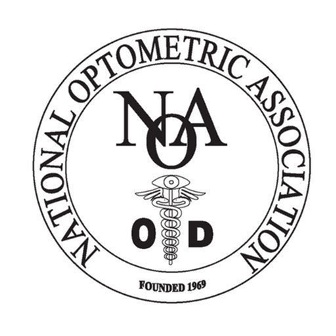-
Says 2.7m adults with moderate visual impairment
-
Seeks proper implementation of Nat’l Eye Health Policy
The National Optometric Association, NOA, has said that over 1.2 million people from 40 years and above are blind in Nigeria while 2.7 million adults from 40 years and above are living with moderate visual impairment in Nigeria.
The association disclosed this in its 45th Annual General Meeting/Expo and Conference held in Abuja recently.
It, therefore, called on the federal government for proper implementation of National Eye Health Policy and the report of the National Eye Health Committee set up by the federal government to oversee equitable access to quality eye care services in the country.
Speaking, President of association, Dr Obinna Awiaka, said if the policy is well implemented, it would go a long way in strengthening Nigeria’s health system towards the attainment of the Universal Eye Health which is an integral component of the Universal Health, UHC Coverage.
He said: “Statistics available reveal that the number of people with vision loss is expected to rise from the current figure of 1.1 billion to 1.7 billion by 2050.
“Over 90 percent of this figure is in the low and middle income countries of which Nigeria is part of.
“Meanwhile, over 1.2 million aged 40 years and above are blind and a further 2.7 million adults 40 years and above with moderate visual impairment in Nigeria,”he said.
“Globally, vision loss costs over $411 billion posing one of the greatest economic challenges one can imagine.”
Awiaka said: “We are optimistic that optometrists shall be fully integrated in the course of implementation of this policy especially at the primary health care level.
“This would go a long way in standardizing eye care services to the teaming population and at the same time reduce brain drain to the barest minimum.”
He used the opportunity to “call on the government to make more employment opportunities available for optometrists to be gainfully employed in the health care sector as the current distribution of optometrists in Nigeria falls way below the World Health Organisation, WHO recommended proortion.”
Speaking further at the event with the theme: “Leveraging Partnerships to Transform Optometry and Eye care in West Africa”, Dr Awiaka said it was “pertinent to note that optometrists as the primary eye care providers have been at the forefront of waging war against visual impairment and blindness.”
He noted that the above statistics are scary and reemphasize the huge tasks and responsibility left for Optometrists, other eyecare professionals, action agencies and all stakeholders,”he added.

